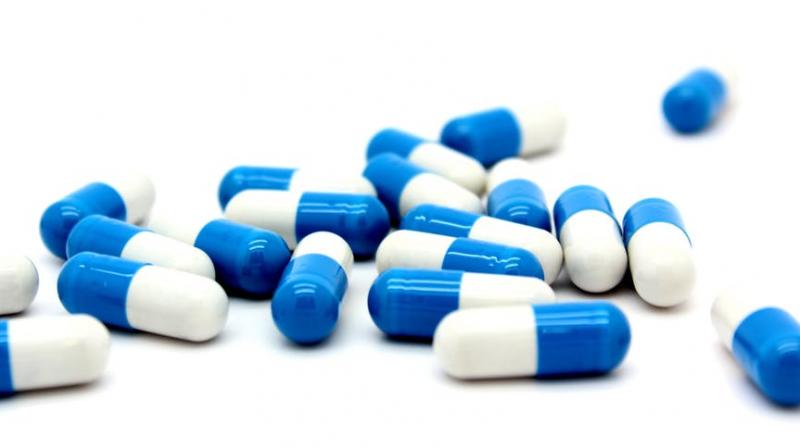Telangana: Pharma firms push costly drug sales up
It was found that between 2008 and 2012, the sale of insulin increased from Rs 151.2 crore to Rs 218.7 crore.;

Hyderabad: There has been a significant increase in the sale of newer, more expensive newer oral medications used for the treatment of diabetes. As per a study carried out by the National Diabetes, Obesity and Cholesterol (NDOC) Foundation, older drugs, which are known to be effective, are not being prescribed as much as they used to.
As part of the study, data pertaining to the sale of drugs of 20 commonly prescribed brands between December 2008 and December 2016 was analysed. It was found that the marketing techniques employed by pharmaceutical companies had a major role to play in the promotion of more expensive drugs.
It was found that between 2008 and 2012, the sale of insulin increased from Rs 151.2 crore to Rs 218.7 crore. The reasons for this increase were the increased willingness of patients to use it, increased prescription by physicians due to medical complications, and aggressive marketing by pharmaceutical companies.
The sale of insulin continued to show an upward trend from 2012 to 2016, indicating that the use of insulin had become an essential part of the treatment of diabetics. Dr Professor Anoop Misra, the president of the NDOC, says, “Data from the sales of 60,000 distributors and 7 lakh chemists in the country has been validated and analysed. It shows that the sales of high-cost medications are increasing, which is worrisome as most Indians pay out of their pockets. There is a seven per cent increased expenditure for diabetes drugs when compared to older drugs and insulin which are equally effective. The indiscriminate use of newer oral drugs and insulin is being noted, and this is not good. Physicians need to be made aware that these drugs need to be used judiciously so that the management of diabetes is not a burden to the patients.”
While anti-diabetic drugs are included in the list of essential drugs, it has been found that only 35 to 63 per cent of primary healthcare centres stock basic oral drugs for the treatment of diabetes. Experts say that the newer oral drugs and insulin analogues are only supposed to be prescribed for patients who have not responded to older drugs.
All diabetic patients need to be counselled regarding the changes they can implement in their lifestyles to control sugar levels so that the management of the condition is not dependent on medication alone. Dr G. Srinivas, a senior general physician, says, “The study shows that we have to take several stringent steps to ensure proper prescription of drugs. Prescriptions must also be audited and evaluated from time to time to give patients the best of care. The education of physicians, tighter regulations on pricing, and stricter norms for pharmaceutical companies are important during the sale of new drugs.”

